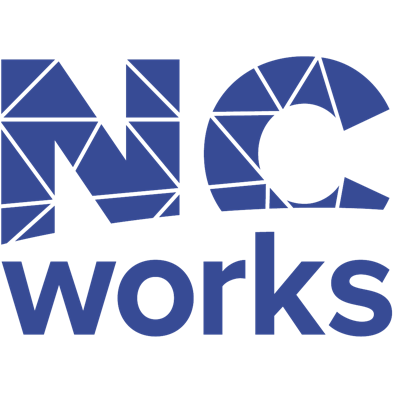Machining Technology
Suggested Pathways
Learn to operate computer numerically controlled (CNC) machine tools, such as lathes and milling machines, to cut and produce precision parts for machines, instruments, and tools. Repair or produce parts using both manual and automated equipment with precise measurements.
PROGRAM INFORMATION
Machining Technology (256 hours | $190)
This course is designed to introduce machining operations related to the metalworking industry. Topics include machine shop safety, measuring tools, lathes, drilling machines, saws, milling machines, bench grinders, and layout instruments. Emphasis is placed on the setup and operation of machine tools, including the selection and use of work-holding devices, speeds, feeds, cutting tools, and coolants. The course also introduces the concepts and capabilities of computer numerical control machine tools. Topics include setup, operation, and basic applications.
The textbooks needed for this class are “Machining and CNC Technology” Fourth Edition by Michael Fitzpatrick and “CNC Programming: Principles and Applications” First Edition (2010) by Mattson.
Students that want to learn more after successful completion of the Machining Technology course can earn transfer credit for MAC-111 (Machining Technology I) and MAC 121 (Intro to CNC) into CFCC’s Computer Integrated Machining (CIM) certificate and associate degree program.
Blueprint Reading for Machinists (96 hours | $190)
This course introduces concepts of basic and complex industrial blueprints. Emphasis is placed on auxiliary views, section views, violations of true project, special views, applications of geometric dimensioning and tolerancing, and interpretation of complex parts. Upon completion, students should be able to read and interpret complex industrial blueprints.
Students that want to learn more after successful completion of the Blueprint Reading for Machinists course can earn transfer credit for MAC-131 (Blueprint Reading/Mach I) and MAC -132 (Blueprint Reading/Mach II) into CFCC’s Computer Integrated Machining (CIM) certificate and associate degree program .


